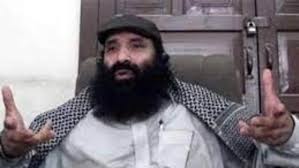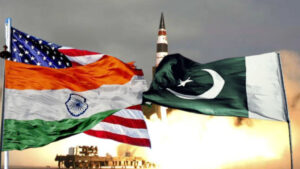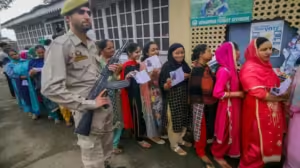On the historic day of July 13th, 1931, the martyrs, with their sacred blood, etched a profound distinction between freedom and slavery. Their indomitable sacrifice continues to resonate with the people of Kashmir, resolutely conveying the message that any sacrifice is worthwhile for the cause of freedom, while the acceptance of subjugation is never an option. Chairman Syed Salahuddin, addressing a special gathering of the United Jihad Council, eloquently articulated these sentiments. He emphasized that the martyrs of July 13th, 1931, through their valiant struggle against oppressive forces and their ultimate sacrifice, unequivocally declared that the people of Kashmir can never be mentally enslaved. Syed Salahuddin further underscored that just as the era of the Maharaja came to an end, so too will the era of Hindutva meet its inevitable demise.
Throughout history, the valorous endeavors of nations engaged in Jihad have borne witness to the unwavering commitment of their blood and sacrifice. Those dedicated to the cause of freedom have already witnessed the profound interpretation of their collective aspiration. By the grace of Allah, the unwavering struggle of the Kashmiri people shall bear fruit.
Drawing parallels, Syed Salahuddin highlighted that the current Indian occupiers persist in employing the same repressive tactics and tyrannical methods once employed by the Dogra rulers from the Amritsar Treaty until 1947. The brazen violation of human rights pervades the entirety of the state, with innocent children, dignified women, and venerable elders subjected to this cruel oppression and tyranny.
During his address, the leader of the United Jihad Council raised the plight of imprisoned leaders and other detainees languishing in Indian jails. He emphasized the deplorable indifference exhibited by the authorities towards their condition. Many of these detainees suffer from various illnesses, yet they are callously denied proper medical treatment, deliberately endangering their lives. It is imperative that both local and international human rights organizations take notice of this grave situation.
Syed appealed to the leadership of Pakistan, urging them to mobilize their diplomatic and political resources as a united front to effectively present the true state of affairs in Kashmir to the world. He emphasized the necessity of recognizing and respecting the voice of the Kashmiri people as the key to resolving the Kashmir issue.
Towards the conclusion of the meeting, the supreme commander of UJC offered prayers for the elevation of the martyrs of July 13th, 1931, and others who sacrificed their lives in pursuit of freedom. He expressed his unwavering belief that their sacred blood will inevitably yield fruitful results, serving as a beacon of hope for the cause they so passionately are fighting.








